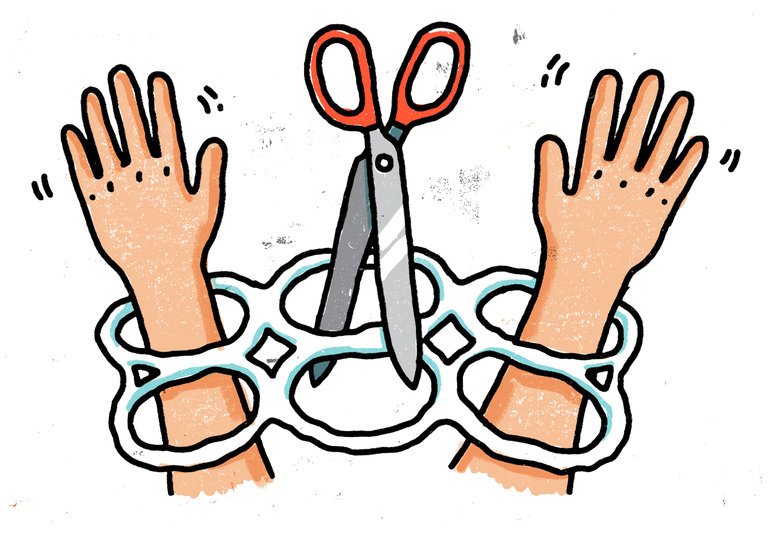
In the News
How To Win Against Big Soda
-
Focus Areas
Chronic Disease Prevention, Healthy Communities -
Issues
Nutrition & Food Security -
Expertise
Coalition & Network Building

The soda industry won big in Chicago this week when county commissioners voted to scrap the 1-cent-per-ounce tax on sugary drinks that had been in place for just two months.
This is a stark turn for the effort to tax these drinks, which has been making headway as voters and City Councils in at least a half-dozen other cities, including San Francisco and Philadelphia, in recent years approved measures in favor of soda levies. The sudden about-face in Chicago, after a battle in which both sides spent millions on TV and radio ads, offers an important lesson for advocates of these taxes, ourselves included, as the industry we call Big Soda takes aim at other communities: We can’t forget the grass roots.
While we are longtime healthy-food advocates, we have only recently awakened to the alarm bell of sugary drinks. For years, these drinks were flagged for “empty calories” that lead to weight gain. Today, the public health community understands that consuming sugar — particularly in liquid form — increases risks of serious health conditions, such as heart disease, Type 2 diabetes and nonalcoholic fatty liver disease, not to mention tooth decay. A 2010 study found that consuming just one to two sugary drinks a day increases your risk of developing diabetes by 26 percent.
While sugar is everywhere — in cookies and crackers, breads and pasta sauce — the single largest source in the American diet is sugary drinks. A 20-ounce Coca-Cola contains 65 grams of added sugar, significantly exceeding the American Heart Association’s daily maximum recommendation for adult women, 25 grams, and adult men, 36 grams.
It’s not hyperbolic to claim that sugary drinks pose a major public health threat. Nationally, we spent $245 billion on diabetes medical costs in 2012. By 2030 we could be spending as much as $818 billion on the direct medical costs of heart disease. Both illnesses are associated with the consumption of sugary drinks.
Fortunately, we have effective tools for addressing this crisis. Taxes on sugary drinks are one. As a peer-reviewed study published this spring found, since the tax went into effect in Berkeley, Calif., in March 2015, purchases of healthier drinks have gone up and sales of soda have gone down, all without consumer grocery bills increasing or the local food sector losing money. The tax raised about $1.5 million last year for nutrition and health programs in a city of 113,000 people.
Since Berkeley passed its tax, seven municipalities have followed suit, and many others, even some states, are interested in doing the same. This has Big Soda scared because these taxes — with the awareness they create about the health effects of sugar and the consumption they reduce — threaten the industry’s bottom line.
How scared? Leaked internal Coca-Cola emails last year revealed a “coordinated war” against policies like these, says a public health advocate, Kyle Pfister, who has studied these documents. This war, waged by the American Beverage Association and sugary drink manufacturers like Coca-Cola, includes a slew of duplicitous tactics, like funding research to give a hue of legitimacy to their anti-tax claims, pursuing social media influencers, lobbying at every level of government and targeting key journalists for persuasion. These time-tested tactics have been used by the tobacco industry in its fight against cigarette taxes.
The industry also starts and funds faux grass-roots organizations. In another email, a trade group representative boasted about the impact of Philadelphians Against the Grocery Tax, an industry-funded group, which deployed an aggressive media strategy that achieved a “significant shift in public attitudes away from initial majority support for the discriminatory tax” in Philadelphia. In the end, the industry lost there.
In Cook County, which includes Chicago, the industry’s “Can the Tax” campaign spent millions on local TV ads and pressured commissioners, in particular critiquing the use of the soda tax revenue to help cover budget deficits. (In other cities, the money has been directed to public health concerns or, in the case of Philadelphia, to fund universal pre-K.) When Jesus Garcia, a Cook County commissioner, signaled he would vote to repeal the tax, he acknowledged that the beverage industry used its financial power to shape public opinion before supporters of the tax were able to craft their own message for a public debate.
There is an important lesson here: When efforts for sugary-drinks taxes are driven and supported by community coalitions that build public awareness early on, they’re better able to withstand industry attacks. Strong coalitions are vital both to adopt new taxes and to ensure they remain to curb consumption and generate funds for public health programs.
Continue reading the rest of the op-ed in The New York Times.
Originally published by The New York Times
More Updates
Work With Us
You change the world. We do the rest. Explore fiscal sponsorship at PHI.
Support Us
Together, we can accelerate our response to public health’s most critical issues.
Find Employment
Begin your career at the Public Health Institute.



